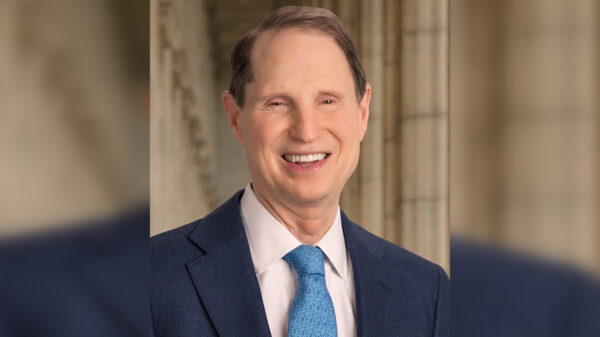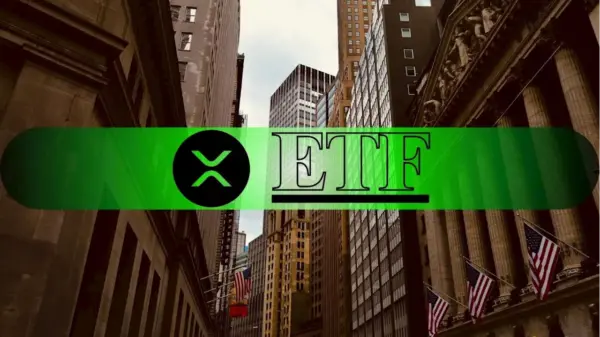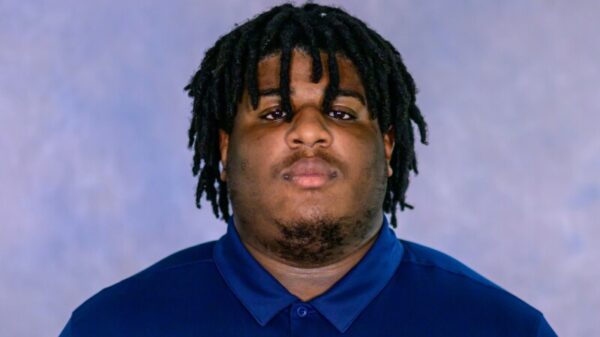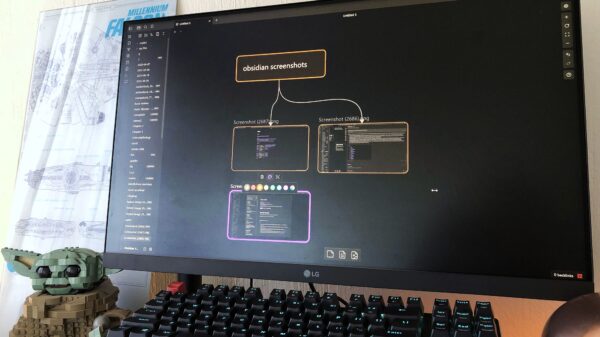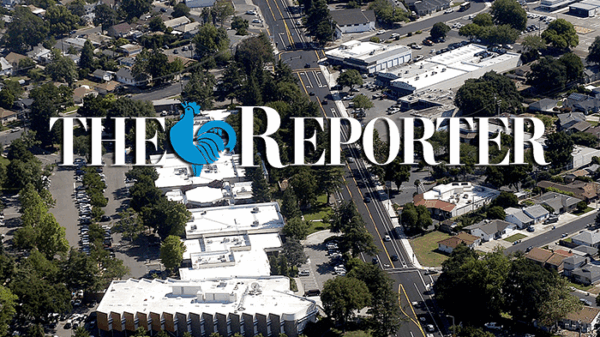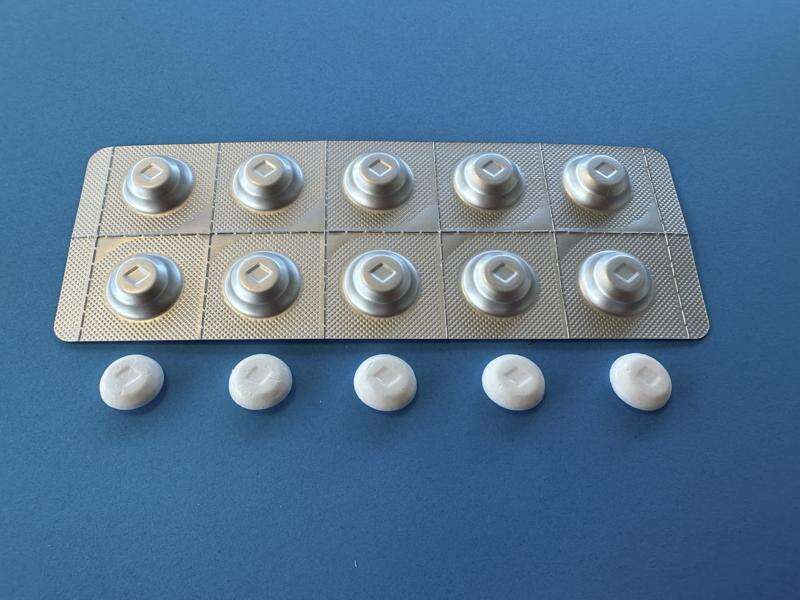URGENT UPDATE: New reports confirm that LSD has shown significant promise in reducing symptoms of anxiety, according to a groundbreaking midstage study published on July 15, 2023. Conducted by drugmaker Mindmed, this research might pave the way for the medical approval of a psychedelic substance banned in the U.S. for over fifty years.
The study targeted nearly 200 patients suffering from moderate-to-severe generalized anxiety disorder. Remarkably, patients receiving the highest dose of 100 milligrams of LSD experienced a striking 65% reduction in anxiety symptoms, with benefits lasting up to three months. These findings mark a significant development in the landscape of mental health treatment, which could revolutionize how anxiety is managed.
Researchers utilized a streamlined approach by administering a single dose of LSD under professional supervision, without the influence of therapy. This method aimed to isolate the drug’s effects from therapeutic context, addressing prior criticisms faced by similar studies. According to Dr. Maurizio Fava, the study’s lead author, “It’s possible that some people may need retreatment,” suggesting ongoing exploration into the drug’s long-term efficacy.
The findings are particularly relevant given that nearly 3% of U.S. adults are affected by generalized anxiety disorder, as noted by the National Institutes of Health. Current treatment options include psychotherapy and various medications, but the potential for LSD as a therapeutic agent could offer new hope to millions.
The study’s publication in the Journal of the American Medical Association has garnered attention, particularly as the FDA has recently designated LSD and other psychedelics as potential “breakthrough” therapies. This designation follows a rising interest in psychedelic research, fueled by a cultural renaissance exploring their therapeutic applications for conditions like depression and PTSD.
Despite the promising results, the study is not without its complications. Some patients were able to guess whether they received LSD or a placebo, potentially biasing the results. Additionally, a notable number of participants dropped out, which may impact the overall findings. Nevertheless, Mindmed is moving forward with plans for large, late-stage trials to further investigate LSD’s effects and ultimately seek FDA approval.
The implications of this research extend beyond academic curiosity. With growing interest from officials, including Health Secretary Robert F. Kennedy Jr., there is a possibility of expedited reviews for psychedelic therapies, particularly for veterans and individuals grappling with psychological trauma.
This study signals a critical shift in the perception and potential use of psychedelics in medicine. Frederick Barrett, director of Johns Hopkins University’s psychedelic center, emphasized the importance of revisiting these compounds with modern scientific standards. “I see this paper as a clear step in the direction of reviving that old research,” he stated.
As the landscape of mental health treatment evolves, the findings from Mindmed’s LSD study may open new avenues for therapeutic intervention, offering hope to those suffering from anxiety. Stay tuned for further developments as additional studies are conducted and the potential for FDA approval looms on the horizon.











